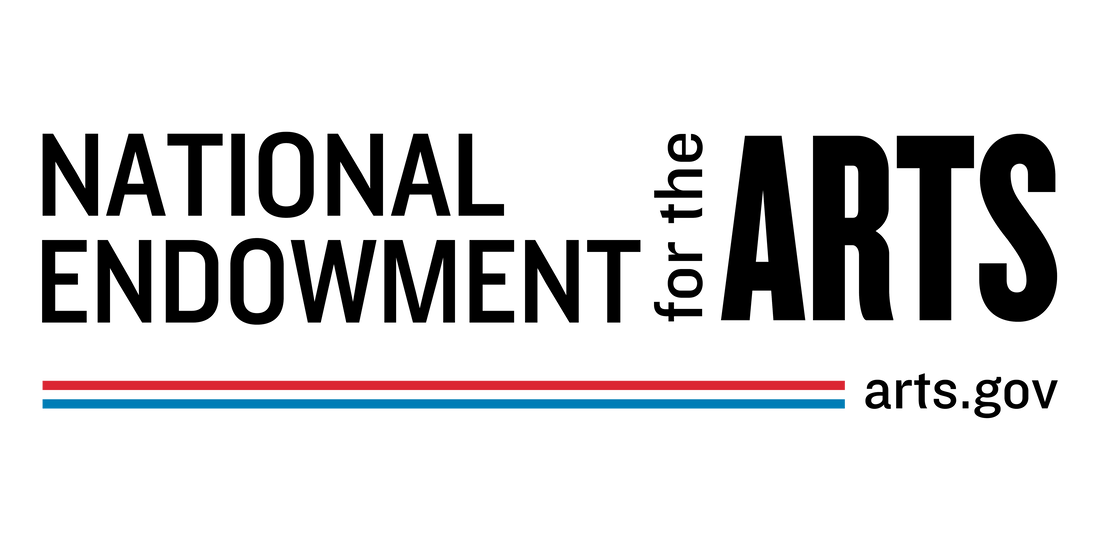|
Enough of me! In this BIBA Blog, you will hear or read (or both) from Jonathan Bailey Holland, John Aylward, and Taryn Wells. This audio was taken from a panel discussion before the second performance of the Identity project, a collaboration between Castle of our Skins and the New Gallery Concert series. For those who could not attend, the first question, and the panelists' answers are below to hear, and a written transcription (which takes liberties!) follows. Enjoy! Ashe (Moderator) : What are your thoughts concerning labels – self-identified labels or prescribed labels from an outside source, such as African-American vs. Black, white vs. being of color, mixed, multi-racial, or other labels thrown around in the media, society, politics, etc … ; do you think they create social constructs? Do they build community? Do they ostracize or polarize communities? What is identity? What does that mean to you?
Jonathan: I’ll jump in and say the answer is yes to all of those things about what labels do. I think as a creative artist, we spend a lot of time navigating labels, trying to determine which label is supposed to be applied to you or your work at any given point in time. I know personally, I spent a lot of time early in my career trying to avoid certain labels before I realized my choice of what labels were applied weren’t always the choices that everyone else was going to apply to my work. So, I stopped worrying about labels, and I think that it’s a thing I have to continue to remind myself to do: to not worry about the labels and just think about the art and the message and the reason behind it. But yes, I think everybody brings expectations to something based on how it’s identified, whether it’s how I choose to identify or how they choose to identify or how some third party tells them they should approach it. Taryn: I wonder also if – especially for a composer who, many times we do not know what a composer looks like or an author for that matter – if you feel it matters that people know that before, or when, or after they hear your music? Is it important to you? For job applications or competitions … Jonathan: I don’t think it matters. I think I’ve spent a lot of time thinking about it and talking about it not necessarily because I wanted to, but because I don’t feel like I have the choice not to. And this is interesting, last night you [Ashe] were introducing one of the pieces – the Tania Leon piece, and you quoted her as saying she doesn’t talk about race. And I had this thought, like, wow … that’s sort of a luxury. And then I thought that she doesn’t really get the option to not talk about race because she had to actually say I’m not gonna talk about race … So, I guess I want people to interact with the art in whatever way makes sense to them. I think that most artists create art because of the art and not because of all the other labels that get attached in front of whatever their art form happens to be. Taryn: As far as labels, I’ve just thought (?) that whenever somebody puts a label on you they usually have some sort of pre-conceived notion, some sort of usual misconception, and it’s really hard to go beyond that. And I think it points out other people’s judgements, and you always have to work against that, it seems. And whether it be stereotypes or what not, you want to just sometimes be able to stand up as yourself rather than as the label of being someone of whatever race or whatever sex or what have you. You want to be able to just stand up for your own create-ability. John A. : What I have noticed about this is that, frankly, white composers don’t have to deal with that question. And so we can more self-define, move through multiple identities, and feel like we can be one kind of composer one day and another kind of composer on another day. And I notice that many of my colleagues who are dealing with their identity in a racial construct, that it’s socially limiting. And … it creates a difficulty for them to communicate – outside of that – that I don’t know about. I think that, in some sense, there’s some benefit to being able to deal with that in the crucible, so to speak, and in another way, it is basically just a problem. But I think that gets me thinking just about the idea of the way identity has to do with a kind of concept of overshift, and how it is very difficult to kind of own your own voice, and how artists struggle with that anyway. And how, I think one of the basic … one of the white privileges of being an artist is not to have anybody rip that out (?). And I think that is a really difficult aspect of the way identity and ownership, in terms of the cultivation of the artistic voice, works in contemporary culture. Jonathan: I would add to that. It used to be that people would ask so what kind of music do you write? And I would think well, it’s kind of tonal at times, but sometimes I … you know, I could never quite figure it out. And at one point, somebody said you should just say Classical or Jazz. That’s what people want to know (laughter). I mean, that speaks to your point. It’s as basic as that. And once I say that, then I think there’s no expectation that it’s gonna go any further in terms of defining what it is. ---- The last and final part of the Identity Series will be published Wednesday, February 21. Happy Black History Month, everyone!
0 Comments
Leave a Reply. |
Details
Writings, musings, photos, links, and videos about Black Artistry of ALL varieties!
Feel free to drop a comment or suggestion for posts! Archives
May 2024
|
Member Login
Black concert series and educational programs in Boston and beyond

 RSS Feed
RSS Feed










